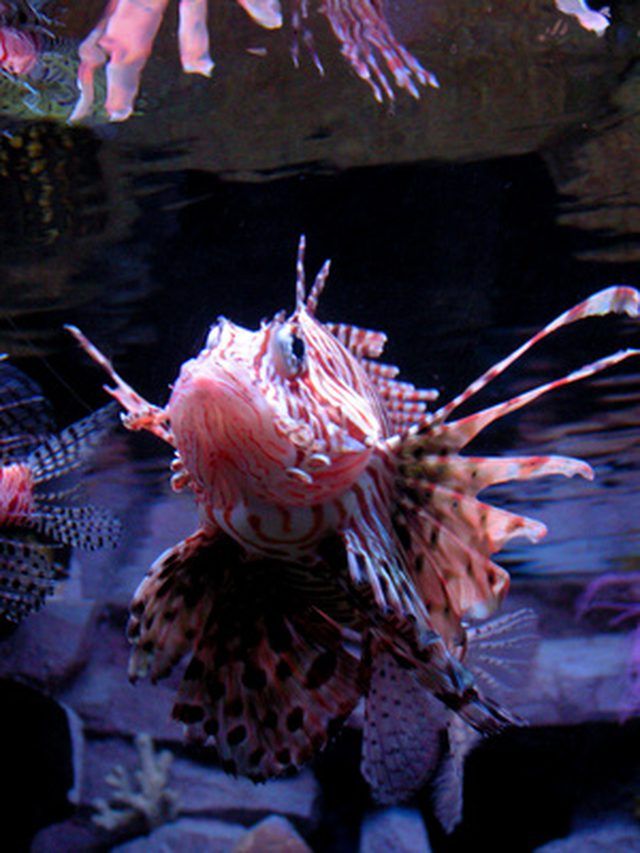Bulbs
Flower Basics
Flower Beds & Specialty Gardens
Flower Garden
Garden Furniture
Garden Gnomes
Garden Seeds
Garden Sheds
Garden Statues
Garden Tools & Supplies
Gardening Basics
Green & Organic
Groundcovers & Vines
Growing Annuals
Growing Basil
Growing Beans
Growing Berries
Growing Blueberries
Growing Cactus
Growing Corn
Growing Cotton
Growing Edibles
Growing Flowers
Growing Garlic
Growing Grapes
Growing Grass
Growing Herbs
Growing Jasmine
Growing Mint
Growing Mushrooms
Orchids
Growing Peanuts
Growing Perennials
Growing Plants
Growing Rosemary
Growing Roses
Growing Strawberries
Growing Sunflowers
Growing Thyme
Growing Tomatoes
Growing Tulips
Growing Vegetables
Herb Basics
Herb Garden
Indoor Growing
Landscaping Basics
Landscaping Patios
Landscaping Plants
Landscaping Shrubs
Landscaping Trees
Landscaping Walks & Pathways
Lawn Basics
Lawn Maintenance
Lawn Mowers
Lawn Ornaments
Lawn Planting
Lawn Tools
Outdoor Growing
Overall Landscape Planning
Pests, Weeds & Problems
Plant Basics
Rock Garden
Rose Garden
Shrubs
Soil
Specialty Gardens
Trees
Vegetable Garden
Yard Maintenance
What Is the Meaning of Exotic Species?
What Is the Meaning of Exotic Species?. Exotic species have become a hot topic in recent years, because of the potential threats they pose to other species, ecosystems, human environments and economies. Although all exotic species are native to some corner of the globe, their introduction to new areas, and their subsequent success at the expense of...

Exotic species have become a hot topic in recent years, because of the potential threats they pose to other species, ecosystems, human environments and economies. Although all exotic species are native to some corner of the globe, their introduction to new areas, and their subsequent success at the expense of native species, are what make them dangerous.
Definition
An exotic species is any species--plant, land- or water-based animal, fungus or bacteria--that is introduced, either by accident or on purpose, to an environment other than where it evolved and historically lived. Species that are able to thrive and reproduce in a new environment can also be called alien, non-native, non-indigenous, introduced or invasive.
Methods of Introduction
Many exotic species are unintentionally released into new environments. For example, private, ornamental gardens or public botanic gardens often contained foreign species of plants whose seeds and spores were carried by the wind outside their confines into the wild.
Shipping is another culprit, as ships travel thousands of miles, crossing many ecosystems, and can deliver new species in their cargo and on their hulls. Canals link new waterways, allowing intermixing of previously isolated aquatic species.
In some cases, humans intentionally release new species for sport or agriculture.
Problems
Agencies now try to prevent the spread of exotic species because they are a threat to their new environments. New species can crowd out native species by taking their living space and consuming their food, as well as their young and/or eggs. They can also overwhelm certain areas' natural resources, leaving the landscape devastated and uninhabitable for all life.
Bacteria can attack plants and animals that lack natural defenses for the new disease. This is bad not only for biodiversity, but also for people who live off the land through farming or fishing, for example.
Examples of Exotic Species
Pythons, often released pets, have made news in tropical climates such as Florida, where they thrive and eat native species, as well as some unlucky pets.
Rabbits were intentionally introduced to Australia simply for sport. However, they quickly multiplied far beyond the numbers that people could shoot for recreational purposes, and their numbers overwhelmed the delicate ecosystem. Their consumption of resources has been identified as one of the main causes of the outback's dry and uninhabitable nature.
Stopping the spread
Now that scientists have documented the damage that exotic species cause, agencies are working to reduce the problem. Many areas ask residents to call state agencies when they spot invasive species so they can either be trapped and removed or killed.
Many countries prevent people from bringing in animals, fresh foods, soils or seeds from other nations.
Within the United States, national and state parks often prohibit the use of firewood from certain areas known to be afflicted with exotic species of insects.